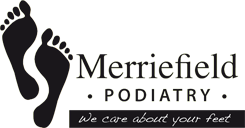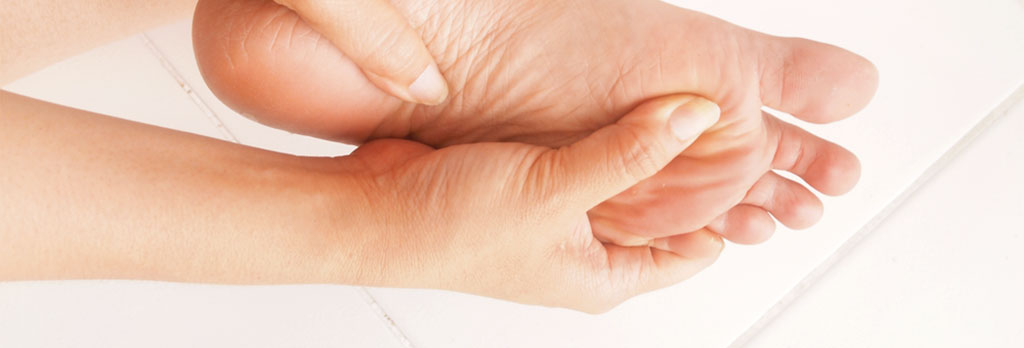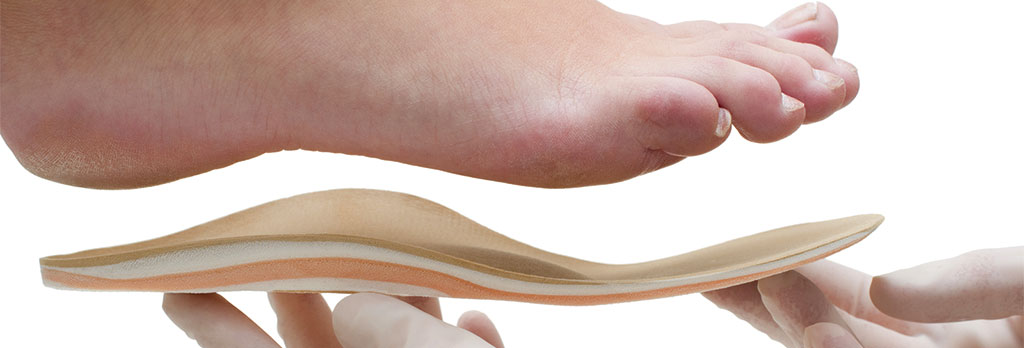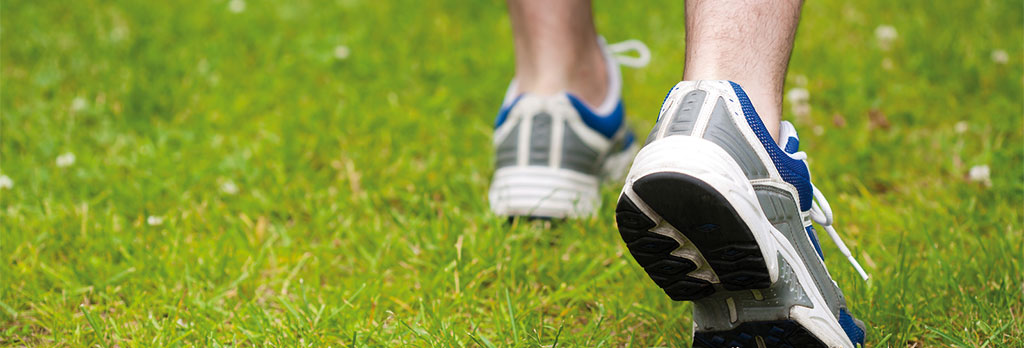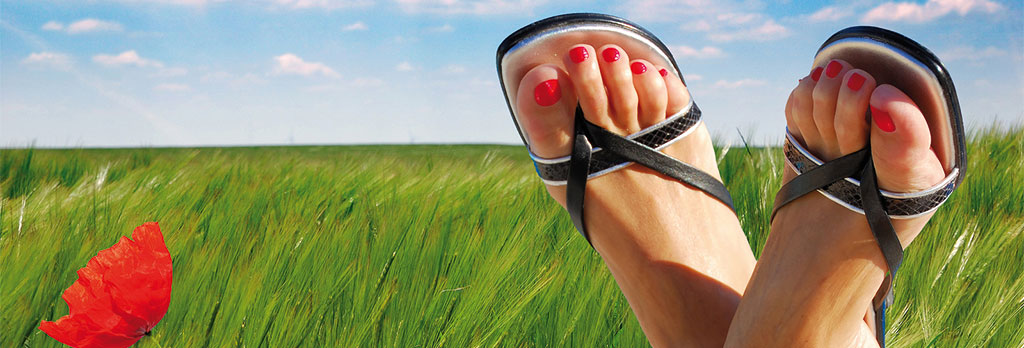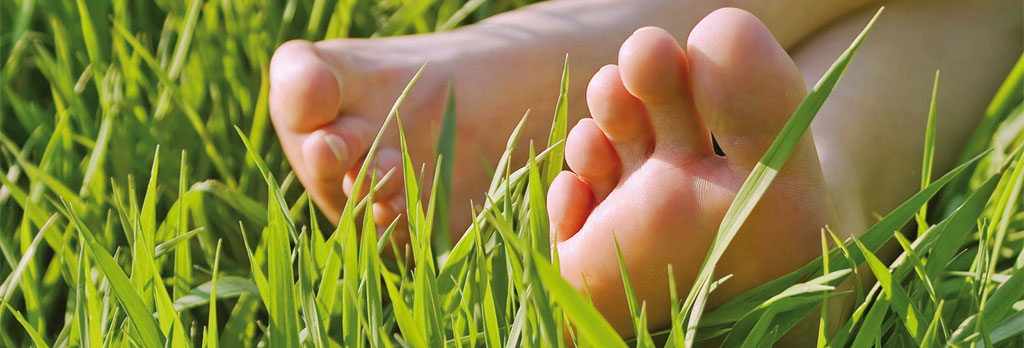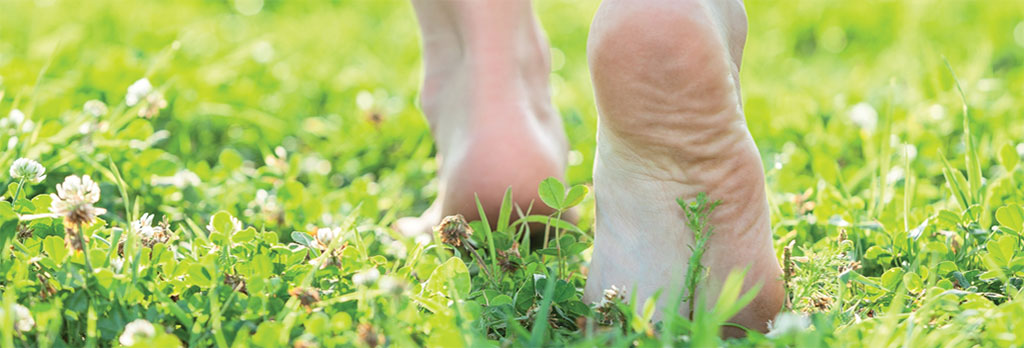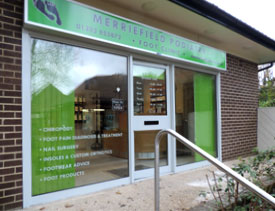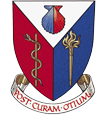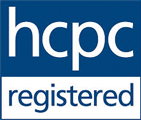Causes of Heel Pain
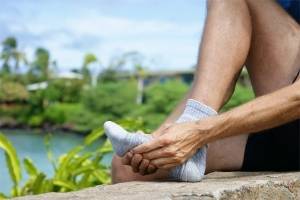 Heel pain is one of the most common problems seen in clinics. There are several causes of foot pain which may be as a result of arthritis, neurological disorders and micro tears in tissue. In the elderly, the fat pad on the sole of the foot thins over time which decreases cushioning to the heel and joints which can result in pain on weight bearing.
Heel pain is one of the most common problems seen in clinics. There are several causes of foot pain which may be as a result of arthritis, neurological disorders and micro tears in tissue. In the elderly, the fat pad on the sole of the foot thins over time which decreases cushioning to the heel and joints which can result in pain on weight bearing.
Another cause of heel pain is stretching of the fascia which runs along the sole of the foot. Pain often starts with weight bearing, either in the morning getting out of bed or when standing after sitting. The pain often decreases after a few minutes and returns as the day progresses as more time is spent on the feet.
Neurological pain can be as a result of nerve compression or irritation. Symptoms are numbness and tingling. Most cases are on one side only. Pain in the heel and the lack of sensation can be as a result of nerve impingement possibly from the lower back.
Factors which contribute to heel pain
Excess weight, tightness of the calf muscles and Achilles tendon and inappropriate footwear all have been identified as causing heel pain. Inflammatory conditions also causing heel pain include psoriatic arthritis, fibromyalgia, rheumatoid arthritis and gout.
Pain at the back of the heel can be caused by inflammation where the Achilles tendon inserts into the heel, a Hagland’s Deformity (a bony enlargement at the back of the heel often caused by the rubbing of footwear) or a bursa. Bursitis (also known as Policeman’s heel) is the inflammation of a fluid-filled sac which causes pain in the centre of the heel when standing or getting up after resting.
Heel pain can also be as a result of damage to the heel as a result of a fall from a height. An xray would be required to confirm if there is a fracture. Minor fractures can often be treated by immobilising the limb but in some cases surgery will be required.
Sever’s Disease
Sever’s Disease is heel pain caused by inflammation at the growth plate. It often occurs in children in early puberty around 13 years old. This is a time when children are rapidly growing. The pain worsens on exercise and is relieved by rest. It generally occurs in both heels.
Treatment involves stretching exercises, sometimes heel cups/orthotics, footwear modification and a change in activities to non-weight bearing exercise such as swimming or cycling. Sever’s Disease generally goes away and does not cause problems later in life.
Treatment for Heel Pain - What can I do?
- If you are over-weight lose some weight.
- Regularly stretch the calf muscles. For example bend your knees whilst standing, keeping your back straight and hold the stretch for 20 seconds (support yourself if you feel you might fall over)
- Avoiding walking barefoot or wearing flat shoes on hard surfaces
- Seek advice on heel lifts/insoles/orthotics
- Reduce activity levels temporarily
- Take oral anti-inflammatories such as Ibuprofen but not if you have gastro-intestinal disorders (check with your General Practitioner
- Corticosteroid injections are sometimes given in the area of tenderness
If heel pain has been present for a long time, it will take longer to treat and resolve.
Splints
These are sometimes used to provide gentle stretching of the plantar fascia by keeping the ankle bent and the toes extended.
Shockwave Therapy
Shockwave therapy is delivered via a machine which delivers soundwaves to the painful area. It is thought that healing is promoted as blood flow to the area is increased. Shockwave therapy can cause some discomfort but the wave levels can be increased or decreased as required. It can be delivered in one or multiple treatments and it is considered to be equivalent to several sessions of deep friction massage.
For further information please contact Merriefield Podiatry and Chiropody clinic on 01202 690726. Private Clinics are also held in various locations.
